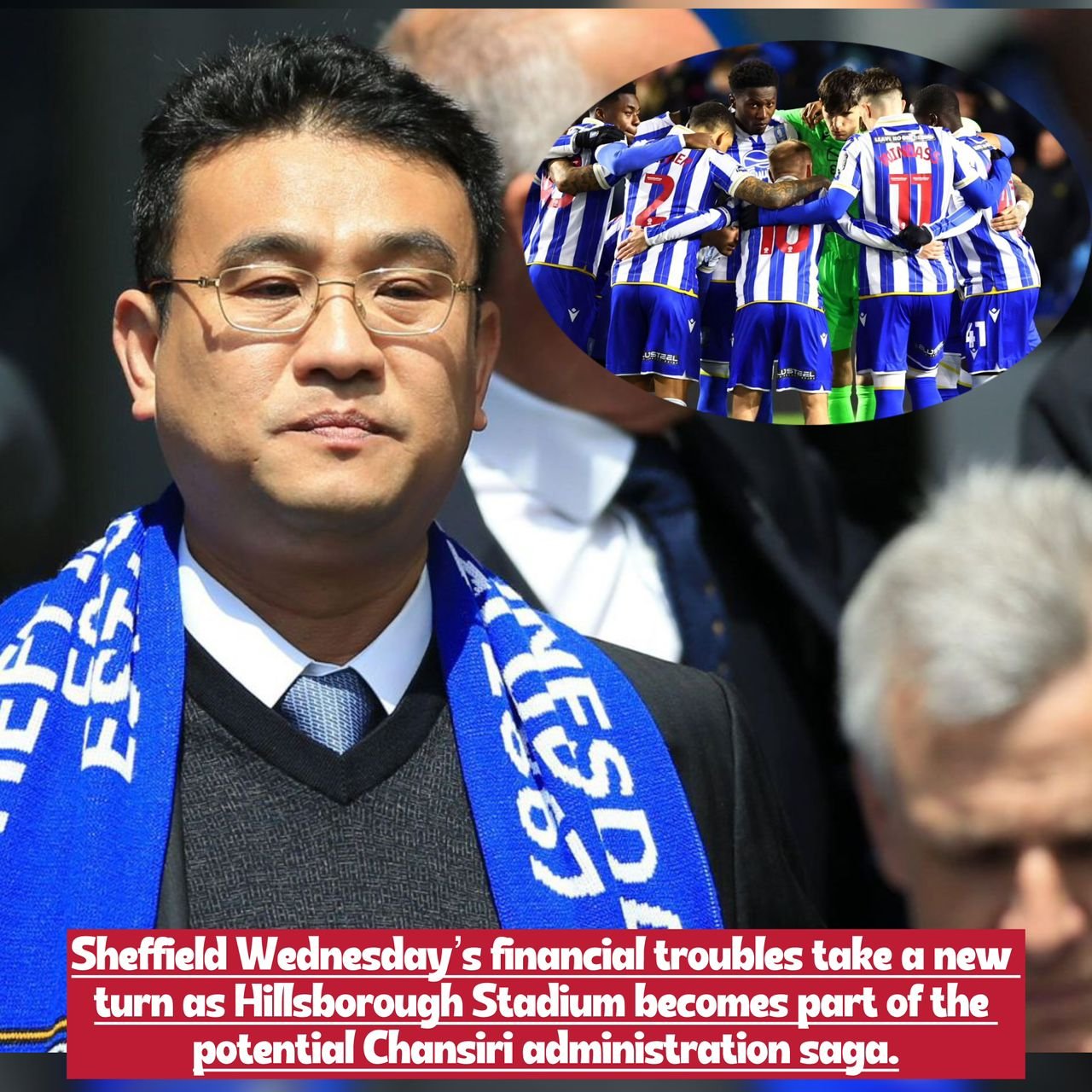Sheffield Wednesday face fresh turmoil as Dejphon Chansiri eyes Hillsborough ownership amid administration threat
As if the 2025–26 season couldn’t get any worse for Sheffield Wednesday supporters, it now appears that even administration might not be enough to sever the club’s ties with controversial owner Dejphon Chansiri — who could instead become their landlord.
Fans of the struggling Championship side have found little to celebrate this season, but many took some comfort in the belief that any sale brought on by financial collapse would finally see the back of Chansiri.
However, new reports suggest the Thai businessman may still have a firm grip on the club — through ownership of Hillsborough Stadium.
According to journalist Alan Nixon, HMRC’s impending winding-up petition against Sheffield Wednesday could push the club into administration, forcing a change of ownership.
Yet, since Hillsborough is owned by a separate company under Chansiri’s control, he reportedly plans to retain the ground even if the club itself is sold.

This means any new owner would have to lease Hillsborough from Chansiri or consider finding an alternative venue — a scenario Nixon described as a “nightmare” for fans. He claims Chansiri’s goal is to recover some of the tens of millions he has poured into the club over the years.
Such a move could significantly complicate any rescue bid. Potential buyers would be purchasing the club only, not its historic home, which remains the most valuable asset connected to Sheffield Wednesday.
Paying rent to remain at Hillsborough could also hinder the club’s long-term growth and stability — a concern echoed by comparisons to Coventry City’s recent struggles before reuniting ownership of their stadium.
Chansiri, who bought Sheffield Wednesday in 2015, previously came under fire after selling Hillsborough to another company he owned in an attempt to balance the books.
Although the transaction allowed the club to post a small profit for the 2017–18 season, the EFL later charged Wednesday with misconduct over the deal.
Should Wednesday enter administration, football regulations would take a back seat to legal proceedings. Because the stadium is owned by a separate company, it would not automatically be included in any sale.
Similarly, certain debts — including secured loans and “football debts” owed to players or other clubs — would remain outside the administration process.
All of this raises major doubts about what kind of sale could realistically take place. Many buyers may be put off by the exclusion of Hillsborough from the deal, while others might balk at having to pay rent to the same man responsible for much of the club’s current predicament.
Although the stadium has fallen into disrepair after years of neglect, it remains the emotional and historical heart of Sheffield Wednesday.
Chansiri’s apparent plan to keep hold of it even during administration only reinforces fans’ fears that, after damaging the club’s recent past and present, he may now also jeopardise its future.
Leave a Reply